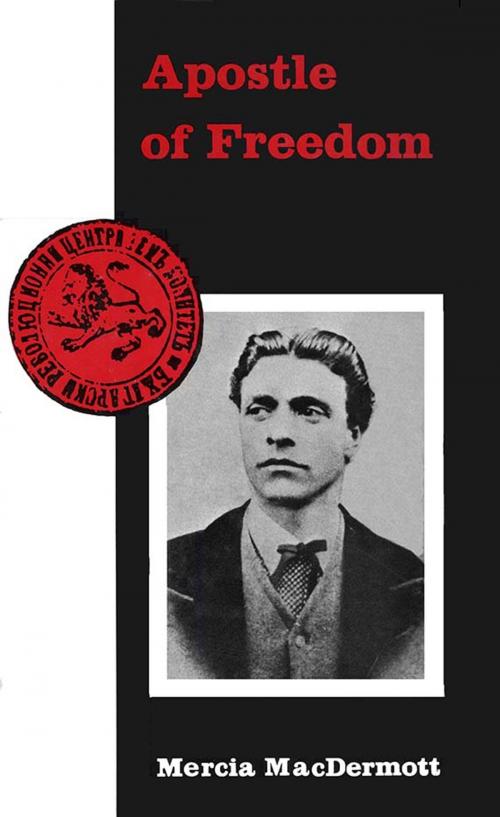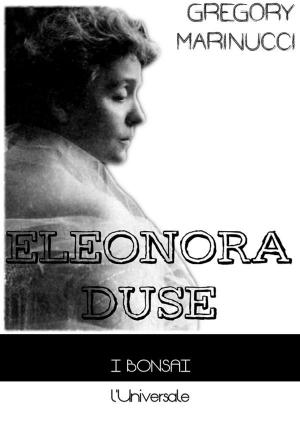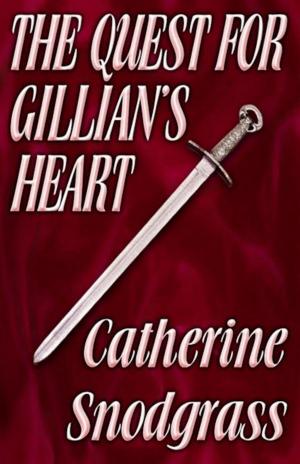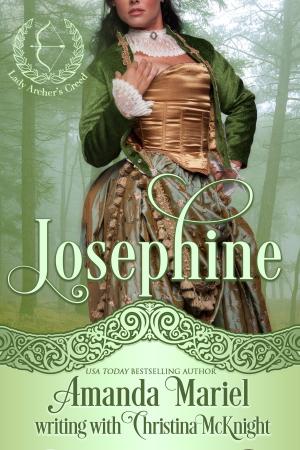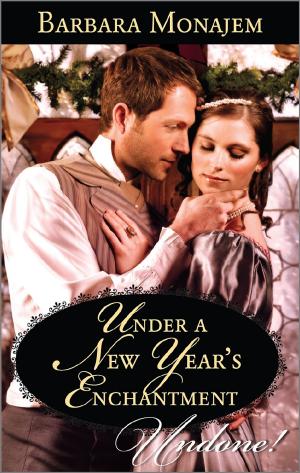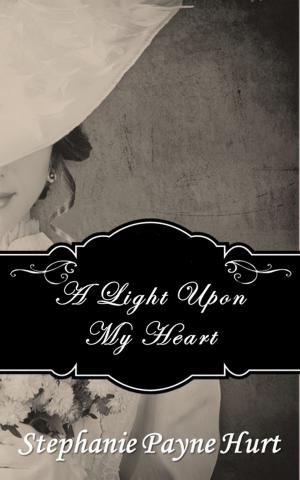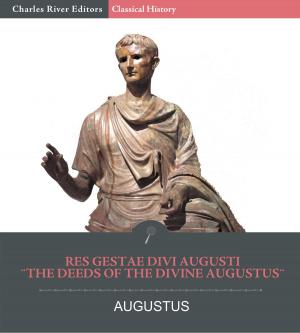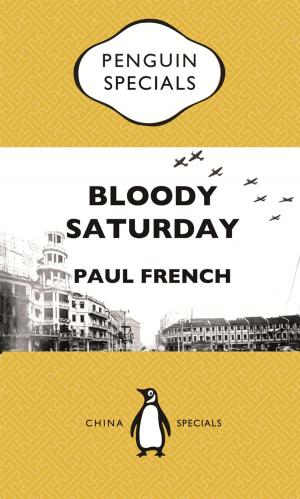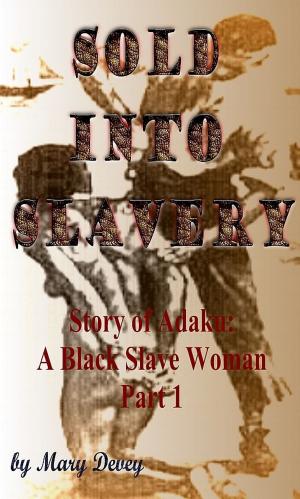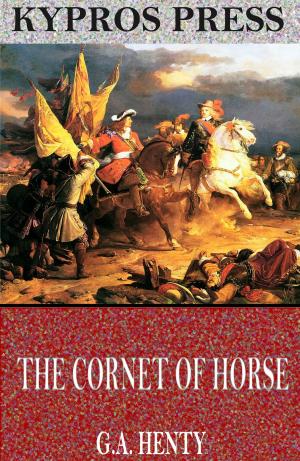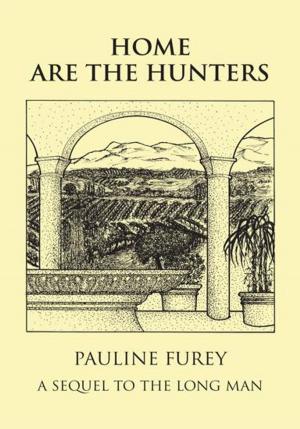The apostle of freedom
A portrait of Vasil Levsky against a background of nineteenth century Bulgaria.
Nonfiction, History, Eastern Europe, Biography & Memoir, Political, Historical| Author: | Mercia MacDermott | ISBN: | 1230001453614 |
| Publisher: | London: George Allen & Unwin | Publication: | December 3, 2016 |
| Imprint: | Language: | English |
| Author: | Mercia MacDermott |
| ISBN: | 1230001453614 |
| Publisher: | London: George Allen & Unwin |
| Publication: | December 3, 2016 |
| Imprint: | |
| Language: | English |
Vasil Levsky, whom the Bulgarians call the Apostle of Freedom, is Bulgaria's national hero; in the early 1870's he led an underground movement against the five-century-old Turkish occupation. A combination of Sir Galahad and Robin Hood, Vasil Levsky was an outlaw who outwitted his enemies and slipped through their fingers with a thousand tricks and disguises. He was a true nineteenth-century hero who loved his country enough to die for it. The Apostle of Freedom is his fascinating biography.
By the middle of the nineteenth century, Bulgaria was the only Balkan country still completely under Turkish rule, at a time when all her neighbors had already achieved varying degrees of independence and internal democracy. Although Bulgaria did not gain even partial independence until after 1878, the nineteenth century was for her an age of national revival. This was the era of the so-called Bulgarian Renaissance, when every field of national life--from commerce to letters, from art to politics--blossomed like a desert after rain.
The majority of Bulgaria's national heroes and her most venerated historical figures were men of the Renaissance.
Many of them were outlaws and revolutionaries, but monks, teachers, artists, architects, and master craftsmen are also numbered among them, for the Renaissance was not only an age of turmoil and bloodshed--it was also an age of beauty and learning.
Of the young men who were at one and the same time the sons and the creators of the Bulgarian Renaissance, at least one is worthy of more than national recognition--Vasil Levsky. Making use of contemporary letters, proclamations, memoirs, and other documents --most of them translated into English
for the first time--this book sheds light on the Eastern Question as seen through Bulgarian eyes, and gives a vivid account of the personalities, deeds, and ideologies of the Bulgarians who plotted the downfall of the Ottoman Empire.
The Apostle of Freedom is a stirring tribute to a great man, a man who outside his own country is relatively unknown. But to his own people, Vasil Levsky is a legend. And this legend is re-created in a captivating, exciting biography that reads like an adventure story. For this is the tale of a true adventurer who found his vocation and his death in the struggle for political freedom.
About the Author
Mercia MacDermott read Russian at Oxford and then specialized in Bulgarian history and culture. The author had teaching stints in Bulgaria including at Sofia University and High School. Altogether she spent over 27 years in the country where she was a distinguished resident and even managed to meet Georgi Dimitrov. Her publications include studies of Bulgarian folk customs and national liberation movements against Ottoman rule.
Vasil Levsky, whom the Bulgarians call the Apostle of Freedom, is Bulgaria's national hero; in the early 1870's he led an underground movement against the five-century-old Turkish occupation. A combination of Sir Galahad and Robin Hood, Vasil Levsky was an outlaw who outwitted his enemies and slipped through their fingers with a thousand tricks and disguises. He was a true nineteenth-century hero who loved his country enough to die for it. The Apostle of Freedom is his fascinating biography.
By the middle of the nineteenth century, Bulgaria was the only Balkan country still completely under Turkish rule, at a time when all her neighbors had already achieved varying degrees of independence and internal democracy. Although Bulgaria did not gain even partial independence until after 1878, the nineteenth century was for her an age of national revival. This was the era of the so-called Bulgarian Renaissance, when every field of national life--from commerce to letters, from art to politics--blossomed like a desert after rain.
The majority of Bulgaria's national heroes and her most venerated historical figures were men of the Renaissance.
Many of them were outlaws and revolutionaries, but monks, teachers, artists, architects, and master craftsmen are also numbered among them, for the Renaissance was not only an age of turmoil and bloodshed--it was also an age of beauty and learning.
Of the young men who were at one and the same time the sons and the creators of the Bulgarian Renaissance, at least one is worthy of more than national recognition--Vasil Levsky. Making use of contemporary letters, proclamations, memoirs, and other documents --most of them translated into English
for the first time--this book sheds light on the Eastern Question as seen through Bulgarian eyes, and gives a vivid account of the personalities, deeds, and ideologies of the Bulgarians who plotted the downfall of the Ottoman Empire.
The Apostle of Freedom is a stirring tribute to a great man, a man who outside his own country is relatively unknown. But to his own people, Vasil Levsky is a legend. And this legend is re-created in a captivating, exciting biography that reads like an adventure story. For this is the tale of a true adventurer who found his vocation and his death in the struggle for political freedom.
About the Author
Mercia MacDermott read Russian at Oxford and then specialized in Bulgarian history and culture. The author had teaching stints in Bulgaria including at Sofia University and High School. Altogether she spent over 27 years in the country where she was a distinguished resident and even managed to meet Georgi Dimitrov. Her publications include studies of Bulgarian folk customs and national liberation movements against Ottoman rule.
